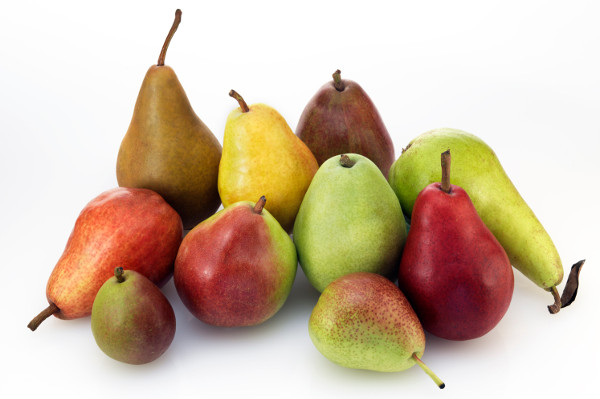The reason you should eat pears daily
Fruits rich in fiber, vitamins and minerals help prevent many diseases such as constipation, cancer, cardiovascular disease, macular degeneration.
Unexpected benefits of pears
Pear fruit is delicious and nutritious no less than apple. Here are the unexpected benefits of pears listed by Popsugar.
- Pears are one of the most fiber-rich fruits, helping the body to replenish the recommended daily intake of fiber and prevent constipation and colon cancer. High-fiber diets also reduce cholesterol levels, limiting the risk of breast cancer, cardiovascular disease and type 2 diabetes.

Photo: bodybyfadi.com.
- Pears contain a large amount of vitamins C, K, B2, B3 and B6. For women who are about to be pregnant or nursing, pears provide folate. This fruit also has calcium, magnesium, potassium, copper and manganese. Eating pears will be very good for the immune system and prevent cancer.
- Boron is found in pears that are essential for the body to retain calcium and to reduce the risk of osteoporosis.
- Pear plant nutrients protect you from stomach cancer.
- Non-allergenic pears should be suitable for people with sensitive sites.
- Eating pears daily reduces the risk of macular degeneration in older people.
A note for you: Pear shells containing quercetin are antioxidants that work against cancer and lower blood pressure, it's best to eat raw pears.
Read more :pears,
More Science Stories
- Why are pears more fragile than apples during storage?
- Decipher the mysteries that exist in every person's life that few people pay attention to
- The reason people go straight: It's too hot!
- Eating 'white' vegetables and fruits can avoid stroke
- Double mountain and interesting little things know
- The reason why soy is considered a precious food is preventive
- Sitting for too long affects the health of the elderly
- The reason Japanese trainers sat on the tracks watching trains run
- Food should be eaten daily
- The reason for the horrific big death pit has been constantly appearing in Russia
- When the spacecraft is mistaken for a meteorite near Earth
- A small trace also helps assess DNA
 Green tea cleans teeth better than mouthwash?
Green tea cleans teeth better than mouthwash? Death kiss: This is why you should not let anyone kiss your baby's lips
Death kiss: This is why you should not let anyone kiss your baby's lips What is salmonellosis?
What is salmonellosis? Caution should be exercised when using aloe vera through eating and drinking
Caution should be exercised when using aloe vera through eating and drinking